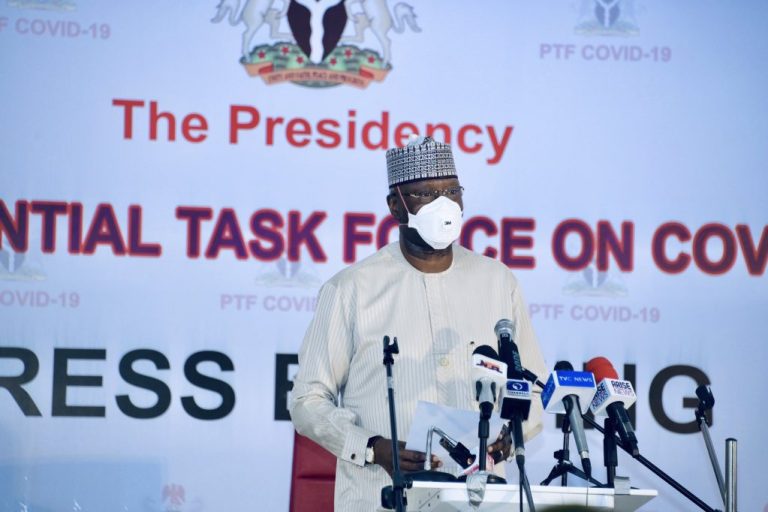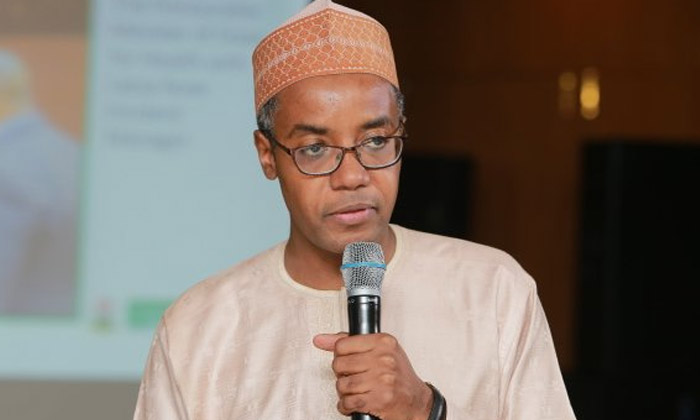By Ibe Pascal Arogorn The fact ,ASUU and FG entered into an agreement in 2009 ,till today those demands from ASUU have not been met by FG .Not even a single one. look at how terrible Nigerian varsities has become , No research equipments as a varsities shouldn’t based on theory Our students out there only wants to go back ,where majority if them aimed to continue with cohabitative lifestyles and unchecked freedom. Most of our varsities students don’t even know some demands from ASUU to the Nigerian Government ,It is for the betterment of Nigerian Student’s . Ok look at lecture halls in our Varsities crowded with students in a single hall ,how can a student learn extensively? The FG knew that they can handle this demands from ASUU but our leaders don’t care about education system hence their Children are studying abroad. ASSU have comprised so many times in the past including in 2019 But I tell you it won’t happen again. They are ready till eternity to wait until demands are met completely and they are in accord this time. According to the document obtained by Premium times, it was agreed to recommend that: All regular Federal Universities shall require the sum of one trillion , five hundred and eighteen billion, three hundred and thirty-one million, five hundred and forty-five thousand, three hundred and four naira (N1,518,331,545,304) only for the period 2009-2011 as follows: Year Amount (N) 2009 472,031,575,919 2010 497,531,778,701 2011 548,768,190,681 Total 1,518,331,545,304 b.) Each State University shall require three million, six hundred and eighty thousand and eighteen Naira (N3,680,018) per student for the period 2009 – 2011 as follows: Year Amount (N) These amounts include Recurrent and Capital Grants, and are based mainly on the disaggregated returns from the universities. The goal of this negotiation is to put Nigeria in a strong position to become a knowledge-based society that will be able to compete and survive in the 21st century. To achieve this, the entire education system requires massive funding at all levels. While non-budgetary sources have a role to play, and there must be continuous efforts to identify and use them prudently, the major source of funding education for national development is through budgetary allocation from State and Federal Governments. With this in view, the Re-negotiation Committee agreed to recommend to the relevant authorities that: A minimum of 26% of the annual budget of the State and Federal Governments be allocated to education. At least 50% of the budgeted 26% shall be allocated to the universities; and, The representation of the Federal Ministry of Education to the Revenue Mobilization and Fiscal Commission to put education on the “First Charge” be vigorously pursued. Being mindful of the processes for meeting this goal of 26% annual budgetary allocation to education as enunciated in the UNESCO benchmark, the Federal Government shall endeavour to progressively increase its budgetary allocation to the education sector in accordance with its vision 20:2020 programme. It was agreed that the Federal Government should, as appropriate, provide general assistance both to the State Governments that are proprietors of the Universities and those that do not own Universities but need assistance in the area of higher education, as allowed by the Nigerian Constitution (Section 164.1) It was agreed to recommend that the Education Tax Fund Act be amended to: Return the Education Tax Fund to its original conception as Higher Education Fund; Make the Education Tax Fund more effective as an intervention to rehabilitate, restore and reposition Tertiary Educational Institutions in Nigeria in order to develop a knowledge-based society in the twenty-first century; Make for a better representation on the Board of Trustees of the Education Tax Fund; Propose a fair procedure for the disbursement of the fund through the creation of a Team of Experts to assess research proposals submitted to the Board of Trustees; Provide a better specification of the areas in which the funds shall be disbursed; Make appropriate specification of qualities of members of the Board of Trustees in order to reflect the change in the conception of the Fund; and, Propose the proportion of disbursement of the funds between the Universities, Polytechnics, and Colleges of Education. It was agreed that Governing Councils of Universities shall access and effectively utilize funds from PTDF for research, training and development of academic staff. Accordingly, it is recommended that Government shall encourage PTDF to assist Universities in this regard. This was an item of agreement in both the 1992 and 2001 FGN/ASUU Agreements. It was, therefore, agreed that the Implementation Monitoring Committee of this Agreement shall pursue its implementation as appropriate. It was agreed that the Federal and State agencies shall be encouraged to patronize quality university consultancies, without prejudice to the principle of due process. It was agreed that Governing Councils of Universities shall encourage Alumni Associations to contribute funds to Universities through direct funding endorsements, bequests, etc. It was agreed that Governing Councils of Universities shall encourage Alumni Associations to contribute funds to Universities through direct funding endorsements, bequests, etc. It was agreed that each academic department in the Nigerian Universities shall be provided with minimum set of equipment to enable it to execute its mandate. The collective use of highly specialized equipment of exceedingly high cost through establishment of central laboratories among departments should be encouraged. However, this cannot be a substitute for specialized laboratories in departments. Each University shall arrange its own cost-saving measure. It was agreed that Universities shall be entitled to duty-free importation of books, laboratory equipment, journals and other teaching and research materials. It was agreed that Government shall encourage companies registered in Nigeria to intensify their Research and Technical Collaboration with Nigerian Universities within the next ten years, with a view to playing a more significant role in the development of research and relevant technologies in Nigerian Universities. It was agreed that Government shall, in respect of University Education, formulate and implement a three-year rolling plan. It was agreed that, to help in enforcing














